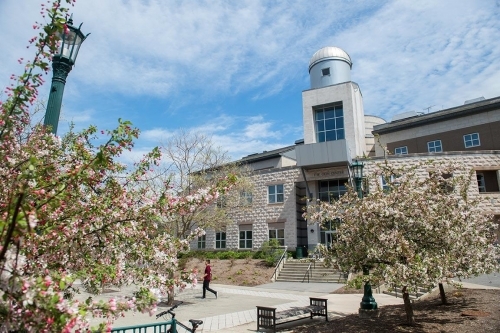The Africana Studies Program emphasizes the history, culture, politics, intellectual heritage, and social development of people of African descent. It is an interdisciplinary program that offers courses in the social sciences, humanities, and arts. Africana Studies offers a full major, an inter-departmental major and a minor. Students align the current set of Africana Studies course offerings into three tracks: African, African-American and Latin American/Caribbean. Each of the tracks can be utilized to pursue a 12-course full major, an 8-course ID major, or a 6-course minor. First year students with an interest in Africana Studies are strongly encouraged to take AFR 100 Introduction to Africana Studies as soon as possible.
Africana Studies affiliated mini-terms offer students an opportunity to explore the African and African diasporic experience. This includes mini-terms to South Africa and Senegal; a Community Service mini-term in New Orleans and the Louisiana wetlands; and a Civil Rights Mini-term, which takes students on a tour of the sites of major civil rights actions in the American South. There is also a Cuba mini-term and the Brazil full-term abroad, which address issues related to Africana Studies.
The Africana Studies website provides a description of major, ID major, and minor requirements, as well as lists of Africana-related courses.
